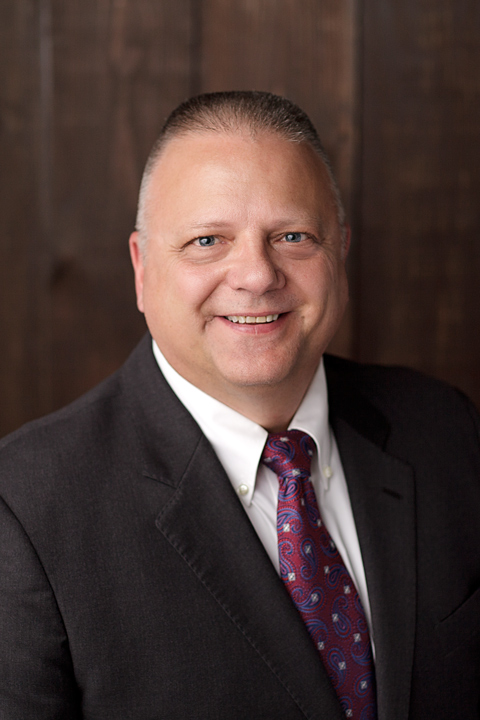
Webinar:
Solar Eclipse: Prepare for a Mass Gathering Event
Date/Time: Wednesday, August 16, 2017, 12:30 PM ET / 9:30 AM PT
Speaker: Bob McKee, D.Sc.(c), Chris Brooks, from Boston University's Emergency Management Master's Program
Register for the on-demand webinar:
A full Solar Eclipse is crossing the United States for the first time in 99 years. Next Monday, August 21st, will impact millions of Americans as 7 million visitors move into position in mostly rural areas. The impact of this mass gathering is real and some municipalities have been planning for years, while others are rushing to catch-up. We will bring in Boston University's Bob McKee, to talk about best practices for preparing for over-crowded roads and viewing areas.
This webinar will include:
- How to evaluate the traffic impact on your community
- How to prepare for parking in your community with an influx of vehicles
- How to prepare areas targeted as viewing sites
- How police, fire and local government can work together to communicate effectively before, during and after the event
- How and when to coordinate with the local hospital
- Tips and tricks from other municipalities that you can you in your own plans
- How to evaluate and assess your preparedness after the event
Speaker: Bob McKee, D.Sc.(c), Chris Brooks, from Boston University's Emergency Management Master's Program
A full Solar Eclipse crossed the United States for the first time in 99 years. On Monday, August 21st, millions of Americans moved into position in mostly rural areas. The impact of this mass gathering is real and some municipalities planned for years, while others rushed to catch-up. We will bring in Boston University's Bob McKee, to talk about best practices for preparing for over-crowded roads and viewing areas.
This webinar includes:
- How to evaluate the traffic impact on your community
- How to prepare for parking in your community with an influx of vehicles
- How to prepare areas targeted as viewing sites
- How police, fire and local government can work together to communicate effectively before, during and after the event
- How and when to coordinate with the local hospital
- Tips and tricks from other municipalities that you can you in your own plans
- How to evaluate and assess your preparedness after the event
- A 10-Step Action Plan to review and adjust your mass gathering plans if needed

He was Agency Chief for Texas Task Force One Urban Search and Rescue, and the ESF-9 Director of the State of Texas. In addition, responding to State and Federal incidents for the Federal Emergency Management Agency (FEMA), serving on the DHS/FEMA Incident Management Team. He served as a Division Director at Texas A&M University overseeing the development and training of Disaster City for worldwide participants. The Agency trained in excess of 220,000 students a year, the program was successful in providing national and international partnerships.
Bob served as Fire Chief and Paramedic for Mad River Fire Department in Ohio. He has been deployed on numerous State and Federal disaster response teams including the World Trade Center on 9/11, Space Shuttle Columbia Disaster, Hurricane Katrina and Hurricane Ike, and the Haiti Earthquake Response to highlight just a few.
